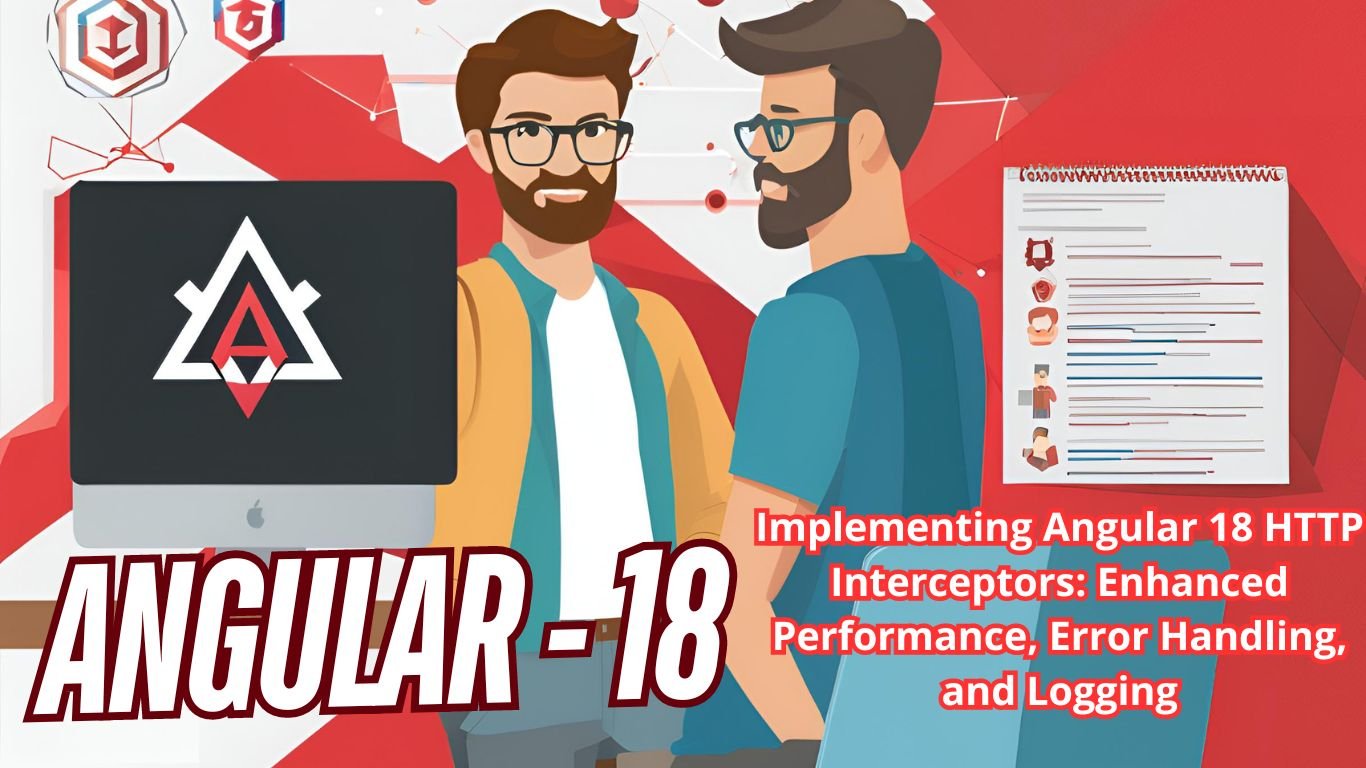5 Things College Won’t Teach You (or You Won’t Realize Are Crucial) to Becoming a Full-Stack Developer
Becoming a full-stack developer requires more than just acing your coding exams or mastering algorithms. While colleges provide a solid foundation, there are several key skills and real-world insights you might miss out on—skills that can make or break your success in the tech industry. Fortunately, there are platforms like Skills Overflow – Where Skills Know No Limits! that offer specialized courses to bridge this gap and empower students to succeed in the world of full-stack development. Here’s what you really need to know to excel as a full-stack developer:
1. The Power of Soft Skills: More Than Just Coding
Why it matters: Communication, collaboration, and emotional intelligence are often overlooked in traditional education, but they are critical to your success as a full-stack developer. You’ll be collaborating with designers, product managers, and even non-technical stakeholders on a daily basis. The ability to translate complex technical concepts into understandable language and to collaborate effectively with diverse teams will set you apart.
The stats: According to a study by LinkedIn, 57% of senior leaders say that soft skills like communication are more important than technical skills in determining success in the workplace.
Real-world impact: When you can effectively explain your work and understand others’ needs, you reduce the chances of miscommunication and rework, speeding up development and improving project outcomes.
At Skills Overflow, you’ll gain hands-on experience with all layers of the stack through real-world projects and structured learning paths.
2. Navigating Ambiguity: Embrace the Unknown
Why it matters: Unlike the structured problems given to you in college assignments, real-world development projects often come with vague or evolving requirements. As a full-stack developer, you’ll need to break down unclear problems and tackle complex, multi-faceted issues without a clear roadmap.
The stats: Research by the Project Management Institute found that 44% of project failures are due to unclear goals or changing requirements. This is where your ability to adapt and manage ambiguity shines.
Real-world impact: The ability to ask the right questions, create prototypes, and iterate quickly ensures that you’re building the right product—even when you’re not sure of every detail from the start.
At Skills Overflow, you’ll gain hands-on experience with all layers of the stack through real-world projects and structured learning paths.
3. Mastering the Full Software Stack: From Frontend to Backend
Why it matters: A full-stack developer isn’t just a master of front-end or back-end development; they understand the entire ecosystem and how all components communicate. While college might teach you the basics of programming languages, frameworks, or databases, becoming proficient in the full stack (from APIs and databases to UI/UX) is something you’ll have to learn by experience.
The stats: According to a survey by Stack Overflow, 58.7% of developers report using multiple programming languages in their projects, with full-stack development requiring a broader skill set than most specialized roles.
Real-world impact: Knowing the entire pipeline—from the way data flows through your application to how the front-end interface responds—is essential for building efficient, high-performance systems. It also gives you the flexibility to switch between roles and tackle a wider variety of projects.
Through Skills Overflow, you’ll tackle real projects and learn to approach debugging systematically, gaining skills that go beyond what you’ll find in textbooks.
4. Version Control and Team Collaboration: The Unsung Heroes
Why it matters: In college, you often work alone, but in the real world, development is a team sport. Full-stack developers need to master version control systems like Git, which help manage code changes, avoid conflicts, and ensure seamless collaboration. You’ll also need to understand workflow models like GitFlow and how to manage different branches for development, testing, and production.
The stats: Git is the most widely used version control system, with 94% of developers reporting they use it regularly. Moreover, a study by GitHub found that teams who use Git and GitHub have a 15% faster release cycle.
Real-world impact: Proficiency with version control systems allows you to work collaboratively with other developers, easily track changes, and deploy updates without disrupting the live application. It’s the backbone of modern software development.
By enrolling in Skills Overflow’s full-stack courses, you’ll work in teams and learn Git from a practical, industry-focused perspective.
5. DevOps and Deployment Pipelines: From Code to Production
Why it matters: Once you write the code, how does it actually get to the user? College rarely covers deployment pipelines, DevOps, or continuous integration/continuous deployment (CI/CD) systems, yet these are essential for a full-stack developer. You’ll need to understand how to deploy your application on cloud platforms like AWS, Google Cloud, or Azure, and ensure that your code runs smoothly in production.
The stats: A survey by the DevOps Research and Assessment (DORA) found that high-performing DevOps teams deploy 208 times more frequently than low performers and have 106 times faster lead times.
Real-world impact: DevOps skills ensure that you’re not just writing code but also ensuring it works in production. The ability to set up automated deployment pipelines using tools like Jenkins, GitLab CI, or CircleCI allows you to quickly push updates, monitor performance, and quickly roll back changes if something breaks.
Skills Overflow emphasizes hands-on learning by guiding you through real-world full-stack projects, ensuring that you gain practical experience and can add a portfolio of completed work to your resume.
Conclusion: How to Bridge the Gap
While a college education provides the building blocks for becoming a developer, real-world success in full-stack development requires more. You’ll need to cultivate soft skills, embrace ambiguity, and learn how to work with the full technology stack, including version control and deployment systems.
Don’t wait for your curriculum to teach you these skills! You can start learning them through real-world projects, contributing to open-source, and engaging in collaborative coding platforms like GitHub. Full-stack development is about more than just technical proficiency—it’s about being adaptable, a good communicator, and a versatile problem-solver.
By mastering these aspects, you’ll not only become a successful full-stack developer, but you’ll also stand out in a competitive job market that demands more than just coding skills.
These soft skills are often overlooked in traditional education but are emphasized in Skills Overflow’s interactive learning environment. Through mentorship programs and peer collaboration, you’ll learn how to effectively communicate your ideas and solve problems as part of a team.
Join Skills Overflow – Where Skills Know No Limits! Today!
If you’re serious about becoming a full-stack developer, Skills Overflow – Where Skills Know No Limits! offers the resources and training you need to build the skills that colleges often miss. Whether you’re starting from scratch or enhancing your existing knowledge, our courses will guide you through the crucial areas that matter most to employers.
Enroll now and unlock your full potential as a full-stack developer!
References:
- LinkedIn Soft Skills Report
- Project Management Institute (PMI) 2020 Global Project Management Survey
- Stack Overflow Developer Survey (2021)
- GitHub State of the Octoverse Report
- DevOps Research and Assessment (DORA) 2020 Report










